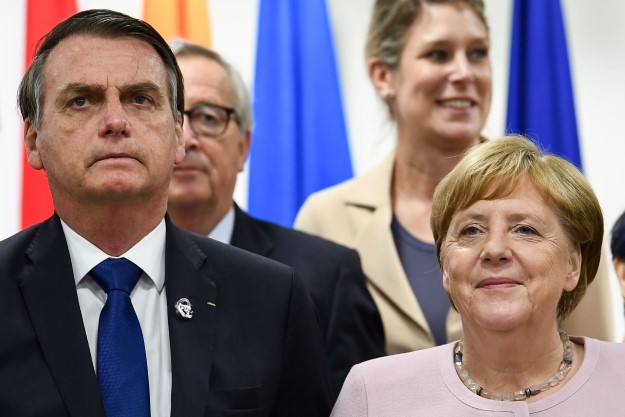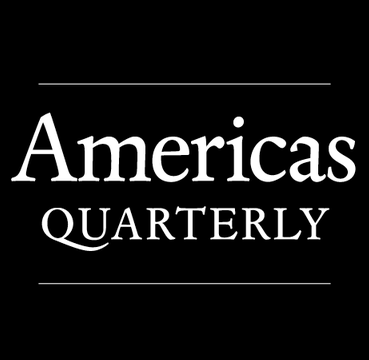BY OLIVER STUENKEL | SEPTEMBER 10, 2019
Economic and geopolitical interests clash with surging public concern about the environment.
https://www.americasquarterly.org/content/why-eu-mercosur-deal-hinges-germanys-reaction-bolsonaro
Recent international outcry over fires in the Amazon and President Jair Bolsonaro’s defiant response has done more than negatively affect Brazil’s global reputation. The episode has also set in motion a complex debate across Europe about how to react to Brazil’s environmental stance, and whether to go ahead with the ratification of a free trade agreement between the European Union and Mercosur.
Ratification of the accord would lead to a historic deepening of economic and geopolitical ties between Europe and South America. But the deal was thrown in doubt when France’s President Emmanuel Macron, along with Irish Prime Minister Leo Varadkar, made clear they would seek to block ratification of the trade deal unless Brazil’s changed its environmental policy – an unlikely scenario, given how closely intertwined the topic is with Bolsonaro’s political project, and his commitments to his more ideological supporters.
France and Ireland have been skeptical about the trade deal since negotiations began in 1999, as it would strongly affect their agricultural industries. This historic reluctance helps explain why Macron and Varadkar were quick to condition ratification on Bolsonaro’s improbable conversion to an environmentally responsible president.
Yet a far more nuanced and perhaps decisive debate is taking place in Germany. The country stands most to gain economically from the trade deal with Mercosur, but is also home to Europe’s most powerful environmental movement. The results of the German..
Read full article here.










